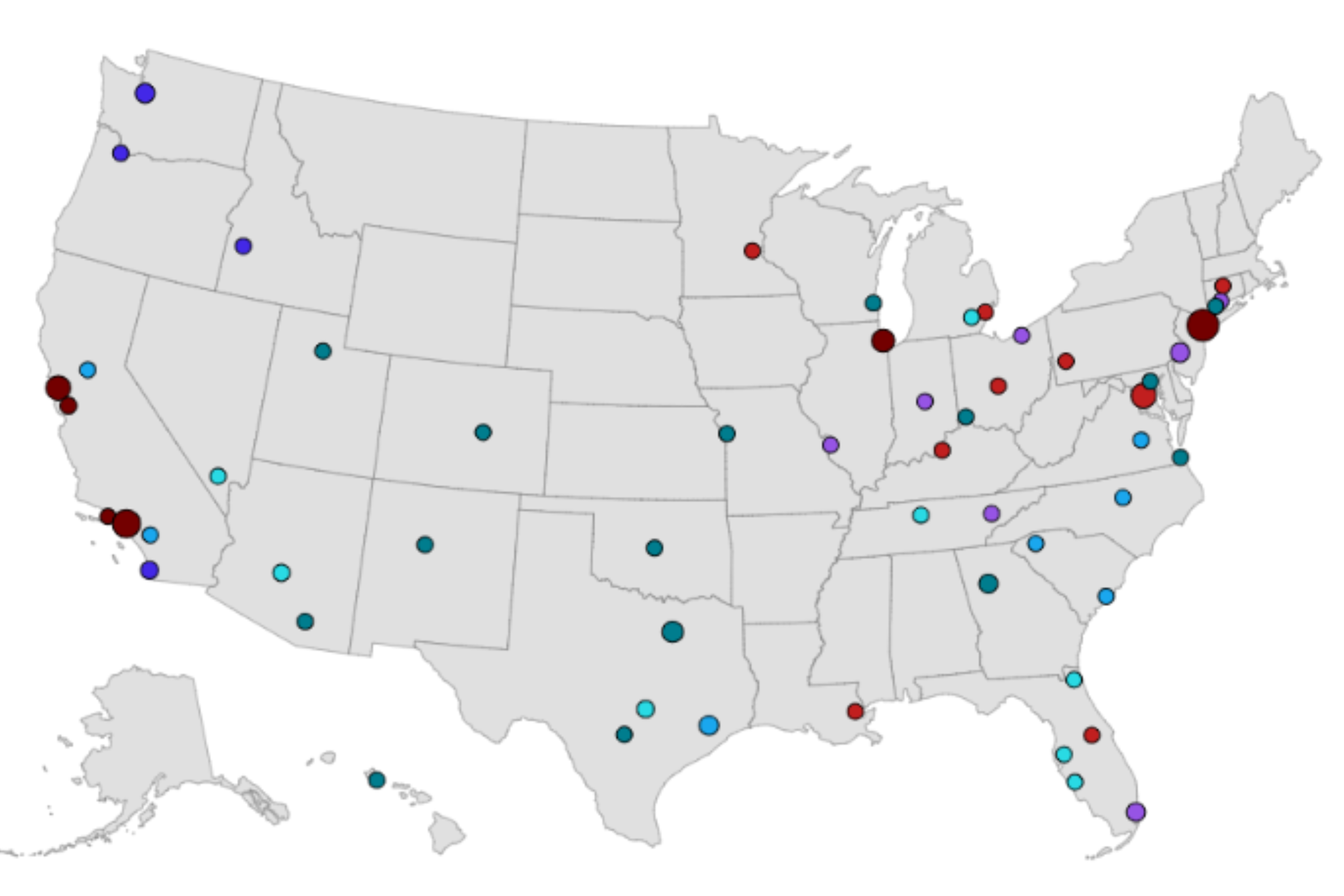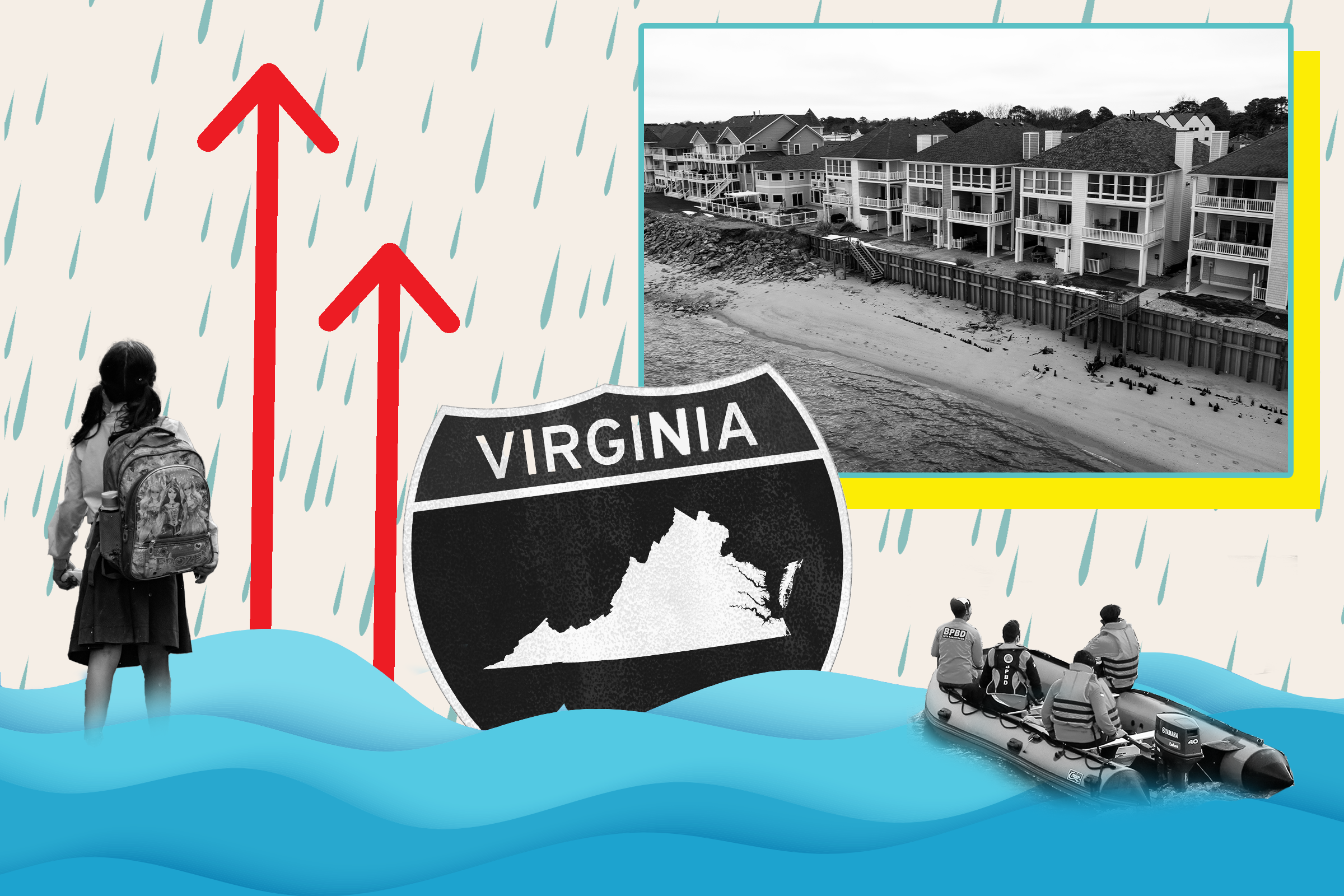
The COP21 conference on climate change runs in Paris until December 11. Newsweek will publish a series of opinion pieces throughout the event.
Right now, world leaders from over 190 nations are gathering to discuss a plan for how to conquer climate change. The hope is that this United Nations climate change summit will lead to a new global agreement to cap the rise in global temperatures and finally address the impacts of climate change. What a (potentially) monumental week for all of us!
Our collective environmental consciousness has been raised enormously in the past decade, which is beyond amazing—not to mention completely vital. But there's still a big piece missing from our education. Despite all of our great and necessary efforts to recycle, save energy, and conserve water, most people still aren't talking about the issue that could prove one of the greatest benefits to this precious planet of ours: eating less meat and dairy. It turns out that just by changing the way we eat, we can hugely improve the environment's health.
Well, it's actually not fair to say that no one's talking about this huge piece of the global-warming puzzle. The U.N. recently issued a report that echoes what it's been saying for at least the last decade (and what myself and many activists have known for sometime): Our rapidly growing dependence on animals as a food source is one of the greatest threats to the climate.
Here's the deal:
The industry around livestock—especially cattle—is responsible for 18 percent of the greenhouse gasses that cause global warming. That's more than cars, planes, and every other form of transportation put together! The figure is a combination of burning the fuel needed to make fertilizer, raise animals, grow feed, and transport meat and dairy products. Then there's the animals' gas and manure, which emits more than a third of the world's methane emissions (which warms the world around 20 times faster than carbon dioxide) and nearly two-thirds of the ammonia emissions (one of the main causes of acid rain).
Plus, raising animals for food is a huge drain on our natural resources. It takes close to 2,000 gallons of water to produce just one pound of beef (Hello! Can you say, Drought in California?!). That's not only for the animals to drink but also to grow the food they eat. More than a third of the corn grown in the U.S. is eaten by animals.
And that's just the tip of the (quickly depleting) iceberg: Livestock is one of the greatest threats to forests and wildlife, contributing to dead zones in the oceans, destroying coral reefs, and poisoning rivers and drinking water with waste runoff. Plus, ranching is one of the biggest causes of deforestation.
On November 24, London-based think tank Chatham House released a report saying that reducing meat consumption is critical to keeping global warming below the "danger level" of two degrees Celsius (or about 36 degrees Fahrenheit).
Here's the good news: Battling global warming isn't just one of the greatest challenges we face in our lifetime; it's an opportunity. It's our chance to build a healthy and prosperous planet in a sustainable, thriving way. Making this kind of change is one that will leave all of us feeling a little better, a little lighter, and whole lot happier in body, mind, and spirit. What could be better than that?
For more inspiring information about why reducing our meat intake is so crucial, check out the documentary called Cowspiracy, in addition to my website www.thekindlife.com.
Alicia Silverstone is an award-winning actor, producer, author and climate change activist.
Previously:
Alec Baldwin: I Have Faith In What Is Going On in Paris at COP21
Ed Begley: It's Not Too Late To Act On Climate Change, We Have Made a Difference Before
Ken Berlin: COP21 Is a Crucial Step on the Path to Ending Climate Change
Uncommon Knowledge
Newsweek is committed to challenging conventional wisdom and finding connections in the search for common ground.
Newsweek is committed to challenging conventional wisdom and finding connections in the search for common ground.
About the writer
To read how Newsweek uses AI as a newsroom tool, Click here.








